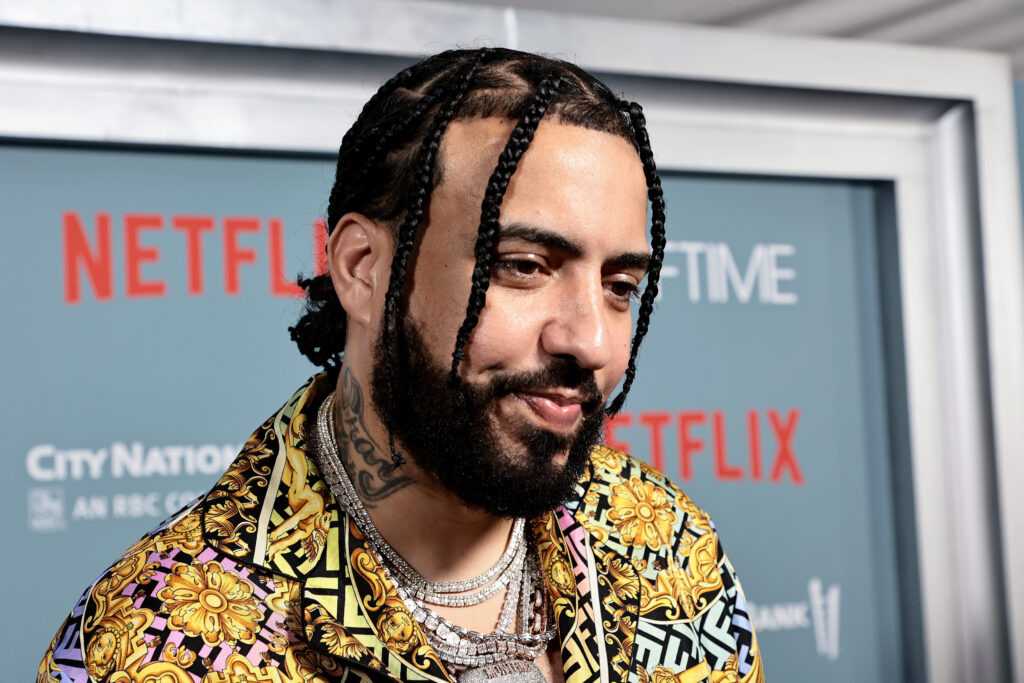The estate of late legend Barry White, led by his widow Glodean B. White and Jack W. Perry, began a curious legal battle recently, according to court documents reportedly obtained by AllHipHop. Moreover, they launched a copyright lawsuit involving Future, Metro Boomin, and Kendrick Lamar’s “Like That,” but it’s not as simple as it sounds. In fact, these three rap artists and their labels are not named as codefendants in the suit. Rather, the suit seems to target Rodney-O and Joe Cooley for their 1986 track, “Everlasting Bass.” But why? Let’s break it down and see what we can find.
In 1973, Barry White released his classic cut “I’m Gonna Love You Just A Little More, Babe.” The Barry White Family Trust claims that Future, Metro Boomin, and Kendrick Lamar’s “Like That” unlawfully and directly stole that White song’s bassline. But what “Like That” sampled was “Everlasting Bass,” not the White track directly, so the complaint says that Rodney-O and Joe Cooley also infringed on White’s copyright. After all, they were the first ones to sample “I’m Gonna Love You Just A Little More, Babe” in this case.
Read More: Kendrick Lamar Officially Submits “Not Like Us” & “Like That” For Grammys 2025 Consideration
The Barry White Song That Future, Metro Boomin & Kendrick Lamar Could Be In Trouble Over
As such, it seems like Rodney-O and Joe Cooley are the main codefendants in this case, presumably along with the applicable record labels. But why aren’t Future, Metro Boomin, Kendrick Lamar, or their labels named as codefendants? In the complaint, it’s noted that these artists and their labels probably got indemnification from Rodney-O and Joe Cooley, which basically means that the duo would take responsibility for any copyright infringement on the trio’s behalf. However, plaintiffs also expressed that they would consider suing the WE DON’T TRUST YOU duo and K.Dot directly if this indemnification, which would protect them from legal action, is insufficient.
Rodney-O & Joe Cooley’s “Everlasting Bass”
Furthermore, the Barry White Family Trust seeks over $1 million in damages for unauthorized reproductions, digital downloads, streaming revenues, and other forms of infringement. With all this in mind, whether Future, Metro Boomin, Kendrick Lamar, and their labels answer for this directly is still a mystery. But one thing’s for sure: Barry White’s estate indirectly (and perhaps unknowingly) entered one of the greatest rap beefs ever.
Read More: NLE Choppa Sued By Rodney-O Over “Who TF Up In My Trap”
The post Barry White’s Estate Files Copyright Lawsuit Over Future, Metro Boomin & Kendrick Lamar’s “Like That” Sample appeared first on HotNewHipHop.



